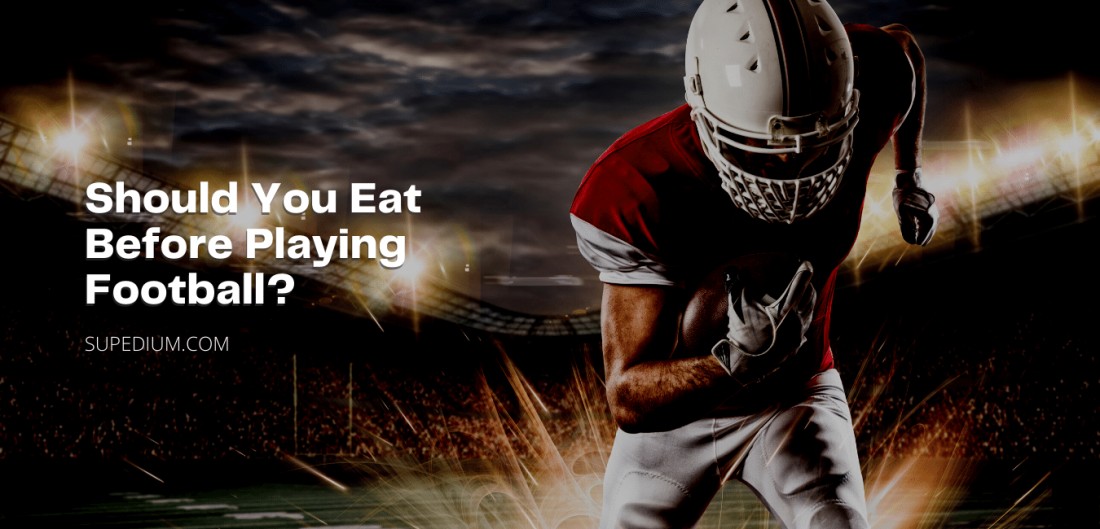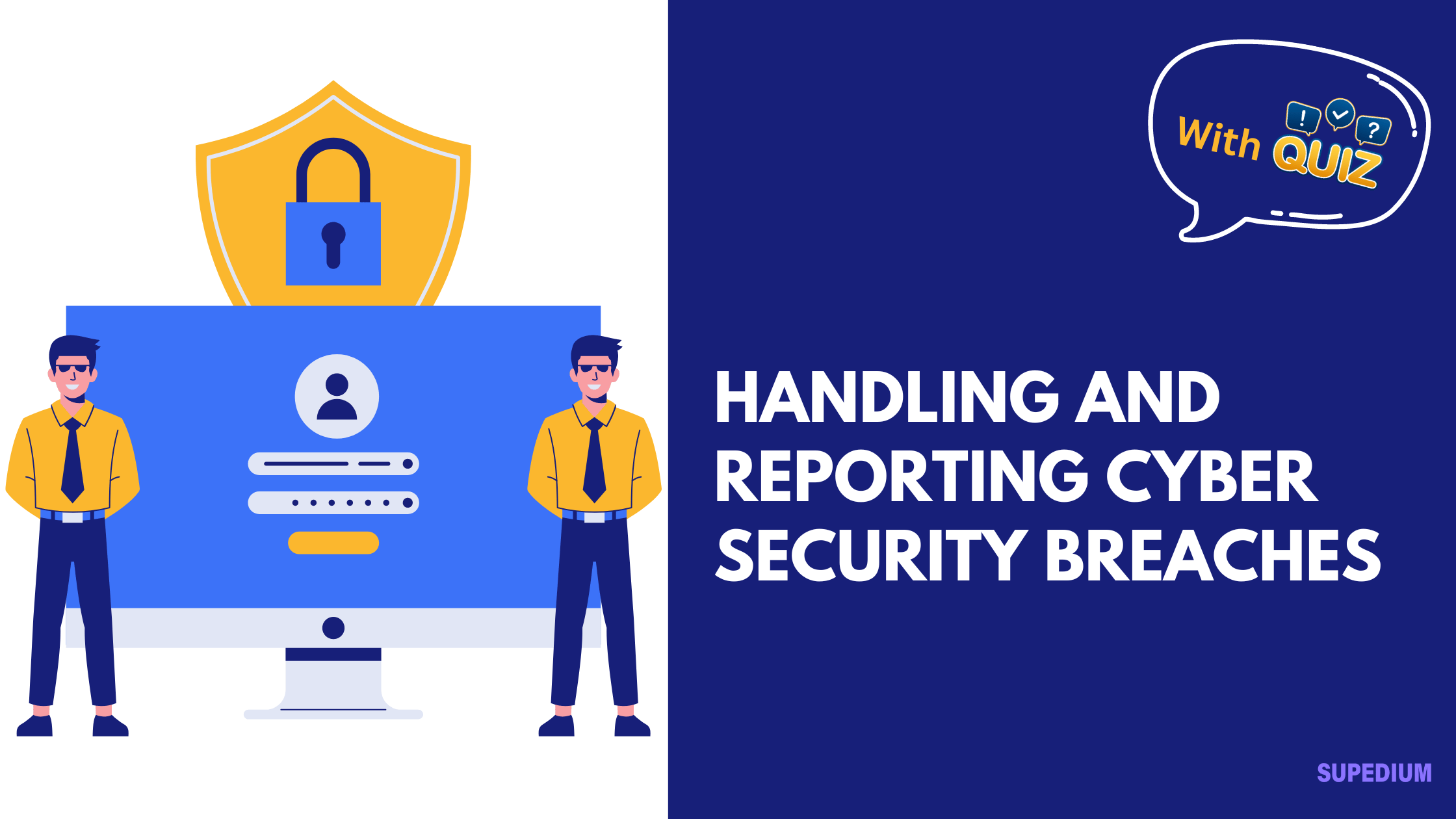Table of Contents
![]()
You want to begin a football game with the most energy accumulated in order to play at your peak for the longest period of time. That means you must prepare your meals and snacks for the day of the football game.
Yes, a few hours before a football game, you should eat something. Football players can eat within a few hours of a game in order to conserve energy to fuel their muscles during a high-intensity game. The best pre-game meals emphasise nutritional balance, are high in carbohydrates, and contain protein.
When Do I Eat Before a Football Game?
Eating the right foods in the right quantities is important for a football player to sustain peak energy levels during a game and perform at their best.
It is important to time the pre-game meals and snacks. Plan your meals so that you eat close enough to game time to have the most amount of stored energy, but not so close that you end up playing football on a full stomach. It takes some trial and error to figure out what works best for you to find the best pre-game meal window.
In general, a high school football player can eat about 1-4 hours before a game. Try it out on days when you have football practise to see how you feel and do after your pre-workout meal. It’s better to overeat so you can always add a fast snack before kickoff for some extra power.
Many players find that a pre-game meal about 2 hours before the game works well for them. Before your practises, do some trial runs and see what works best for you personally without disturbing your stomach. Begin by eating your pre-workout meal three hours before football, followed by a small snack 30 minutes to one hour before. Adjust as required to keep your game going.
What Should I Eat an Hour Before a Football Game?
Many athletes like to eat their pre-workout meal 1-2 hours before playing football. If you choose to eat 3-4 hours before the game, a snack about 1 hour before kickoff might be sufficient to keep you energised during the game.
Prior to football, you can concentrate on eating some carbohydrates, moderate amounts of protein, and staying hydrated.
Bananas, apples, dried fruit, toast, crackers, a granola bar, or trail mix are the perfect things to consume right before football. A moderate amount of protein can be added, such as Greek yoghurt, milk, hard boiled eggs, string cheese, and so on. Take it easy on the fibre and fat; you don’t want digestive problems on the field.
What Do I Eat Before Football Practice?
If it’s a long day of work or a football game, you must properly prepare a meal plan to fuel your workout. Be mindful of your daily meals and snacks, as well as the pacing of your meals.
To power your football game, concentrate on two main nutrients for pre-game meals and snacks: carbohydrates and protein, as well as some other vitamins and minerals and, of course, water.
What Should Be in a Pre-Workout Meal or Snack:
The carbohydrate
Carbohydrates (or sugar) are the primary source of energy that your body prefers to use to power your muscles when exercising. The good news about carbs is that your body can store them (in small quantities) for later use.
You want to start a football game with your levels fully charged and ready to provide energy for as long as possible during a high-intensity football game. You want as much stored energy in your muscles as possible.
Carbohydrates are naturally occurring sugars found in foods like starchy vegetables, berries, dairy products, and grains.
Starchy carbohydrates such as pasta, bagels, potatoes, fruit, bread, rice, corn, cereal, oatmeal, tortillas, and so on are healthy pre-game carbohydrate options. These carbohydrate types are digested at the required pace to provide you with a steady energy source over the next several hours.
Before, during, and after a football game, you must constantly replenish your carbohydrate stocks. When you are exerting yourself extremely hard during your football game, a sports drink or a small amount of carbohydrates can be sufficient to replenish your body’s carbohydrate reserves.
a source of protein
Although protein only contributes a small amount of energy during your game, it is essential because it aids in the repair of muscle tissue. A moderate amount of protein is needed in a pre-game meal, but high-protein shakes and bars should be saved for after the game.
What are some good pre-game protein foods? Choose lean proteins such as chicken breast, ground turkey, tuna, or peanut butter, as well as Greek yoghurt, a protein bar, and so on. Consume 15-30 grammes of protein with each meal and snack during the day.
Minerals and vitamins
Athletes need additional nutrients to maintain an overall balanced body and proper operation during a football game. To be safe, you don’t need to buy expensive supplements. You will be able to provide your body with an adequate balance and variety of all the nutrients it needs if you select an overall balanced diet that includes plenty of fruits and vegetables, lean proteins, healthy fats, low-fat dairy products, and whole grains.
Water
Before a football game, remember to properly hydrate yourself. Throughout the day and during your athletic event, drink plenty of water. Though juices and sports drinks can be beneficial, water is the best hydration source.
See my post Should Football Players Drink Gatorade? for more details. for more information on when sports drinks can be suitable.
Some foods may have a negative effect on your athletic abilities, causing you to fatigue early, experience stomach pain and cramping, or otherwise impair your performance. Check out my article on What NOT to Eat Before Football for a list of foods to avoid if you want to play at your best.
What Should I Eat Before a Football Game?
Another often asked question concerns breakfast before a football game. Breakfast should be high in carbohydrates, lean proteins, water, and low in fat.
Breakfast should be centred on healthy carbohydrates. Combine a whole-grain breakfast, such as oatmeal, with a glass of milk, a banana, and toast. If you have trouble eating a large breakfast, go for a fruit smoothie instead.
Other suitable breakfast choices for a football player include:
- Oatmeal, orange juice, and toast
- Fruit, granola, and Greek yoghurt
- Cereal made from whole wheat, fruit, and milk
- Breakfast of eggs, biscuits, and milk
- A high-carbohydrate smoothie
- Hard-boiled eggs and almond butter toast
- Yogurt on a bagel with almond butter
- Egg on avocado toast
In conclusion
Football players can eat within 1-4 hours of a game to ensure they have enough stored energy to power their muscles.
Carbohydrates, a small amount of protein, balanced vitamins and minerals, and water are the perfect pre-game meals.
Experiment to find the best pre-game meal timing for you so you don’t play on an empty stomach but have enough energy to power your game.






Be the first to comment